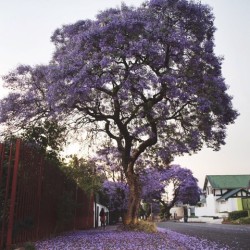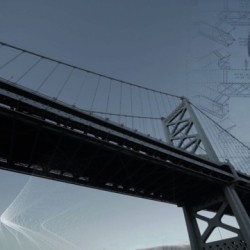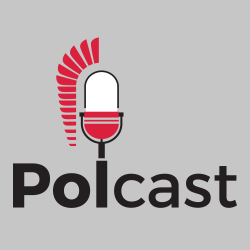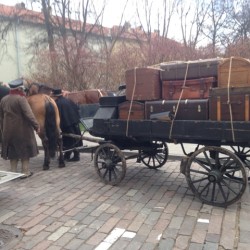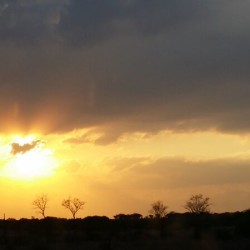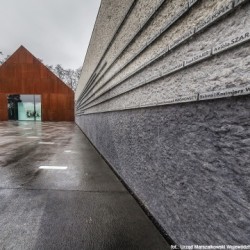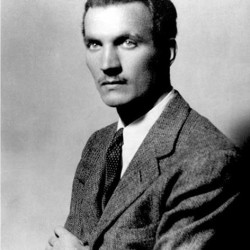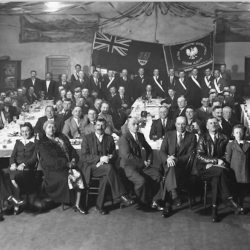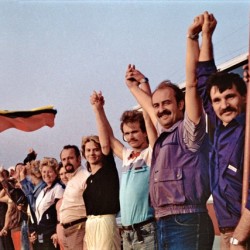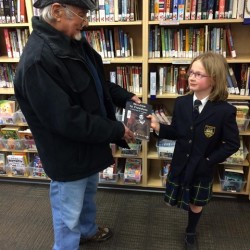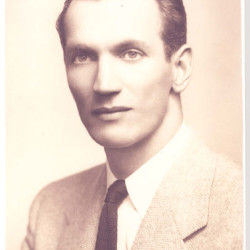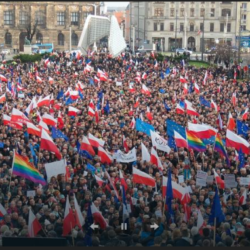2016 Vol. 8 No. 2—Spring
Welcome to Springtime in Africa. Yes, there are seasons there, not so pronounced perhaps, but the blossoms on their jacaranda trees are as welcome as are crocuses in northern climates. Commentary, books, films, and a new podcast.
2016 Vol. 8 No. 2—Spring / Books
Martha Hall Kelly’s novel is based on the true story of Caroline Ferriday, a New York socialite who brings Polish Ravensbruck survivors to America for treatment. And locates the criminal Dr. Herta Oberheuser.
2016 Vol. 8 No. 2—Spring / Films
by CR × on May 8, 2016 at 9:41 pm ×
A documentary about an engineer? Take a look at Ralph Modjeski’s bridges. They are breathtakingly beautiful and they were built to last. Basia and Leonard Myszynski’s film is a must.
2016 Vol. 8 No. 2—Spring
Tune in to the lively new podcast for a weekly series of great stories and interviews on topics ranging from serious to funny, quirky to obscure with Toronto’s Małgorzata Bonikowska and Tomek Kniat.
2016 Vol. 8 No. 2—Spring / Films
In Lithuania to study the once culturally diverse now vanished communities of the region, Lynn Lubamersky found a BBC TV crew there too, filming “War and Peace.” That’s enough to set a historian thinking about imperial Russia then, imperial Putin now, the communities that don’t want to vanish… and the BBC’s Downton Abbey-style production.
2016 Vol. 8 No. 2—Spring / Features
When two Polish Canadians visit their grandparents’ childhood homeland in Africa they meet others on the same quest. “We immediately celebrate!” writes Amanda Chalupa. We ‘get’ each other.”
2016 Vol. 8 No. 2—Spring / Commentary
Commemorations hold a special place in national memory; historians have an obligation to protect the emerging social history from being eclipsed. Tom Frydel explains.
2016 Vol. 8 No. 2—Spring / Features
by CR × on May 8, 2016 at 9:37 pm ×
A special event in San Francisco honoured Jan Karski, and veterans of two allied countries, Poland and the United States. A great thing to do, especially together.
2016 Vol. 8 No. 2—Spring / Books
Uncovering a Polish communist movement in Canada, historian Patryk Polec suggests the radical ideas came from Poland. Reviewer Gabriela Pawlus Kasprzak thinks the Poles were radicalized here. Either way, a surprising, interesting read.
2016 Vol. 8 No. 2—Spring / Books
Why are Stalin’s alliance with Hitler and his genocidal policies overlooked, even denied? Reviewing Black Ribbon Day, Michał Kasprzak suggests “the nightmarish partnership of tyrannies” needs more attention.
2016 Vol. 8 No. 2—Spring / Books
by CR × on May 8, 2016 at 9:31 pm ×
It took Poland fifty years to regain its freedom. For many Poles it took even longer to liberate their memories. Marian Wiacek recorded his for his grandchildren.
2016 Vol. 8 No. 2—Spring / Films
“Tell your people that they have a friend in the White House.” But the genocide continued, and in the end the friend gave Karski’s country to Stalin.
2016 Vol. 8 No. 2—Spring / Commentary
Wanda Koscia’s documentary about the uprising, The Battle for Warsaw, was about a fight for freedom and democracy. The filmmaker now casts a worried eye at Poland’s democracy.
